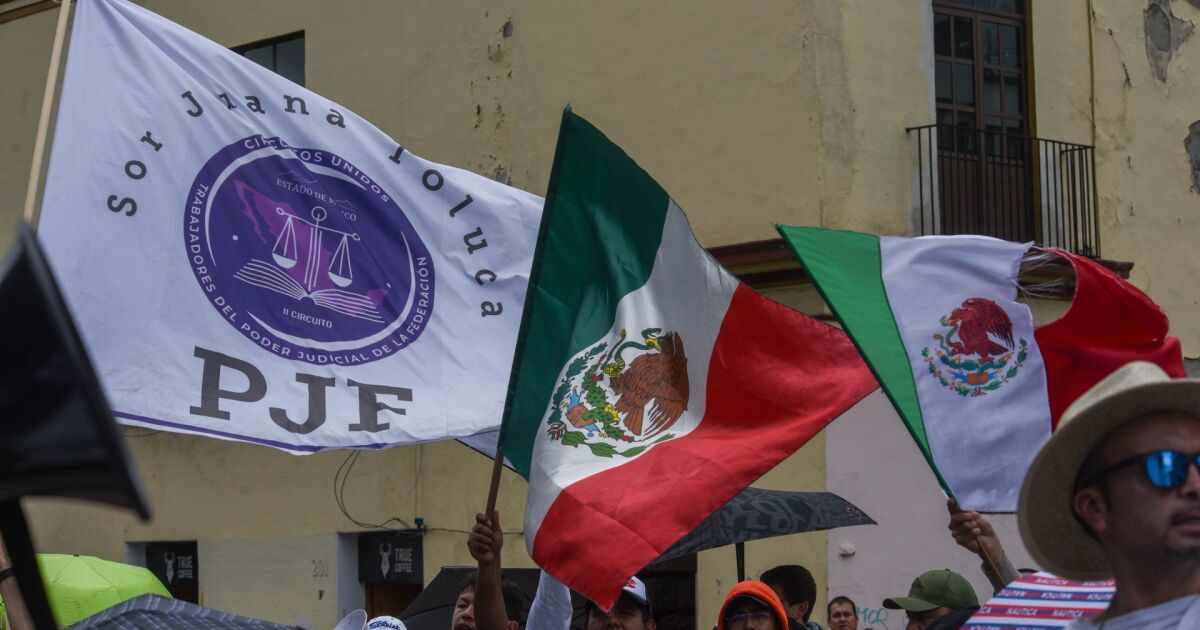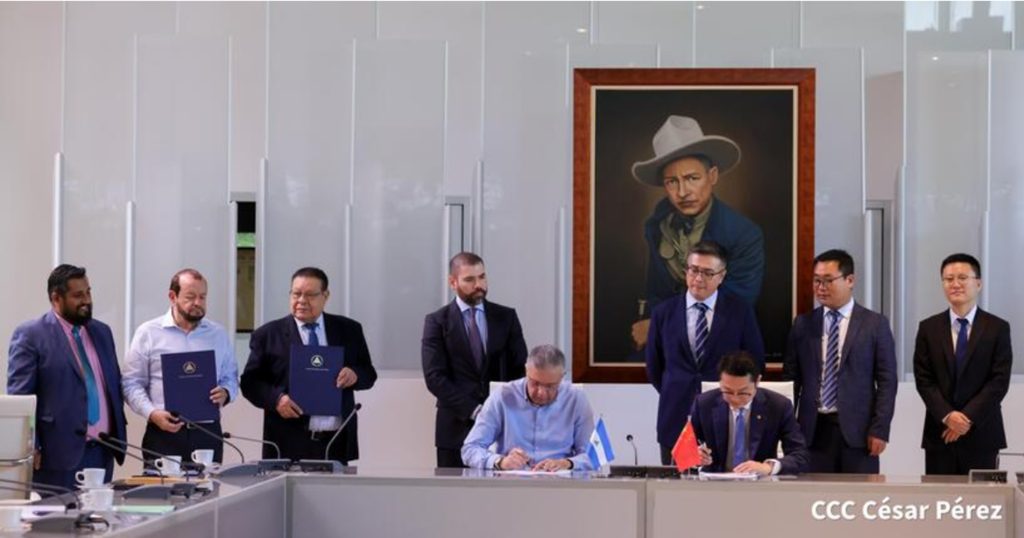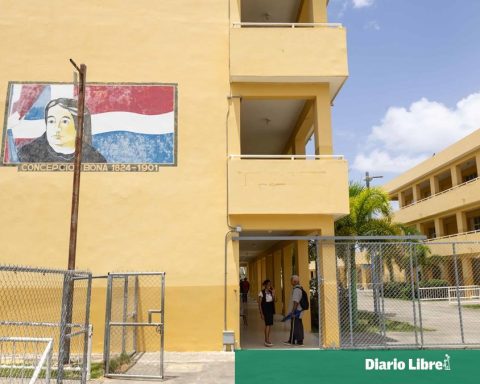On September 18, the Plenary Session of the Federal Judiciary Council (CJF) agreed to end the work stoppage.
At that time, the authority reported that it would be Monday, September 23, when the suspension of deadlines and terms in trials processed in federal jurisdictional bodies and administrative areas would be lifted.
That day, the Council convened a working group with the Dialogue Committee of the National Association of Circuit Magistrates and District Judges of the Judicial Branch of the Federation (JUFED). No agreement was reached at the table, which is why the strike continued.
The reform of Mexico’s Judiciary officially came into force after the text of the constitutional changes was published in the Official Gazette of the Federation on Sunday, September 15, marking the final step in the restructuring of the country’s courts.
The reform will move the country from a system of appointed judges to one that allows voters to elect them.
The constitutional changes were championed by then-President Andrés Manuel López Obrador, and approved by his allies in Congress and a majority of state legislatures earlier this month, marking a major legislative victory in his final weeks in office.
López Obrador, who often clashed with judges, argued that reform was necessary to better serve the interests of ordinary citizens.
Critics warn that the election of judges will end the political independence of the Judiciary and undermine investor confidence in Mexico.
The publication of the constitutional reform in the official Government gazette began the process of preparation for the first judicial elections.
-With information from the Reuters agency.

















